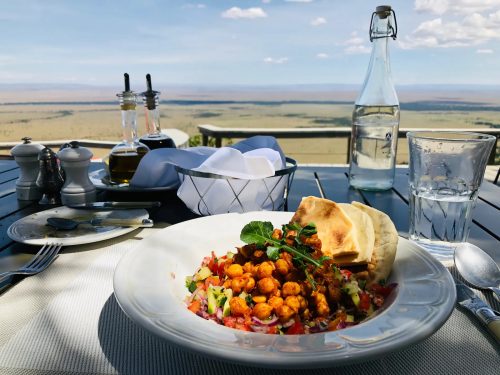
When my Maasai Guide Lemaalo was 8 years old, he was attacked by a charging Cape buffalo while herding his family’s cattle. He hid high up in a tree, shaking with fear until the buffalo lost interest. That night he told his parents he didn’t want to tend to the animals anymore and begged them to send him to school instead. While his schooling started late it eventually landed him his dream job as a safari naturalist in the Maasai Mara, and it is not lost on him that the animal that tried to kill him as a child in turn gave his life great meaning as an adult.
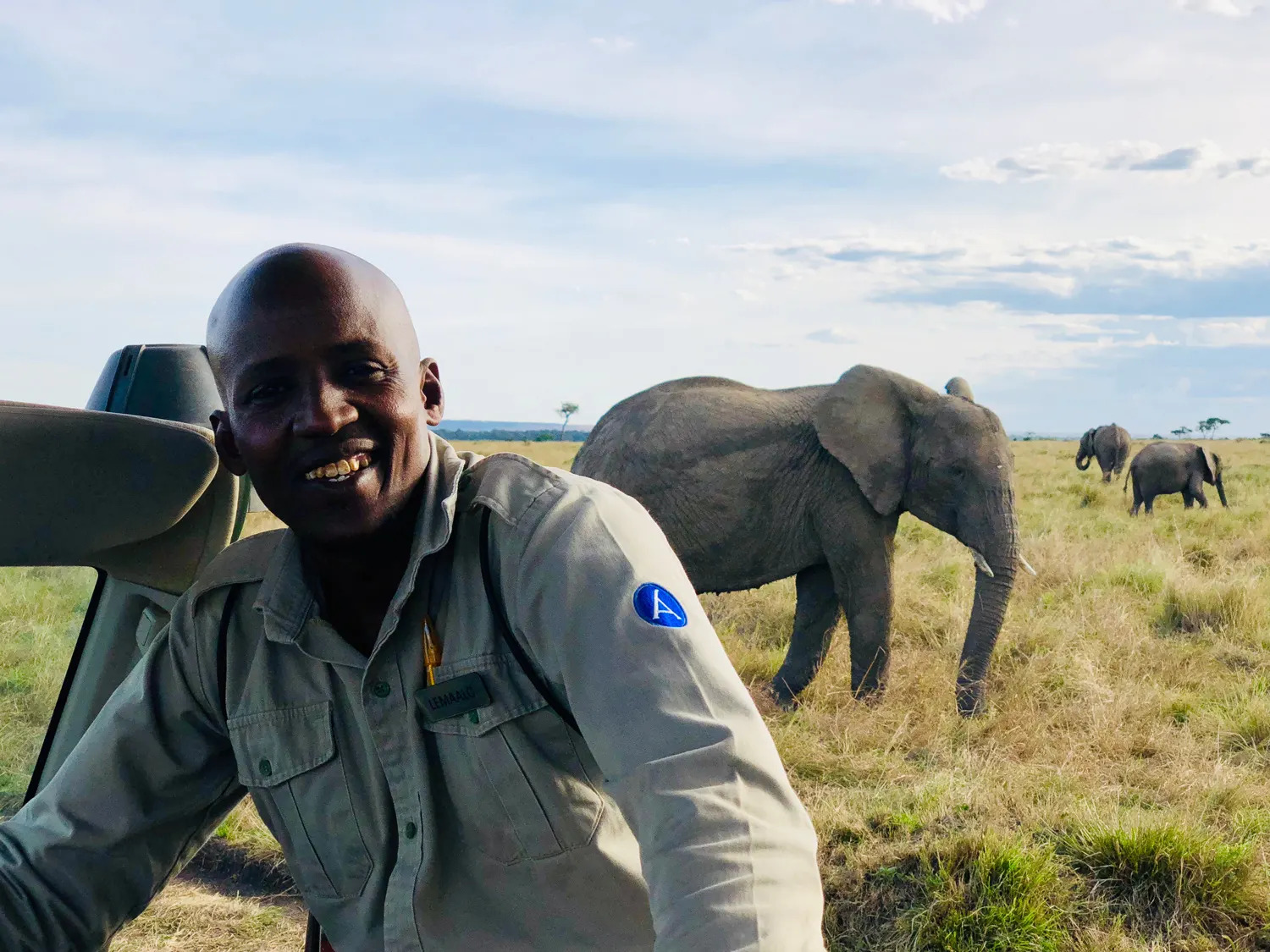
In mid-November, I was lucky to catch the tail end of the Great Migration as it headed south back to the Serengeti. I was completely overwhelmed by the abundance of wildlife here. Expectations are usually dangerous when travelling, especially now that you can drive a tour bus straight to most of the remaining wonders of the world and hordes of tourists and piles of garbage are carefully cropped out of Instagram photos, but the Mara exceeded every expectation by a mile. It is how I imagine the early settlers in North America felt when they first saw the endless herds of buffalo and elk, or the Columbia River teeming with so many salmon you could practically walk across it.
The Mara is truly awe-inspiring.
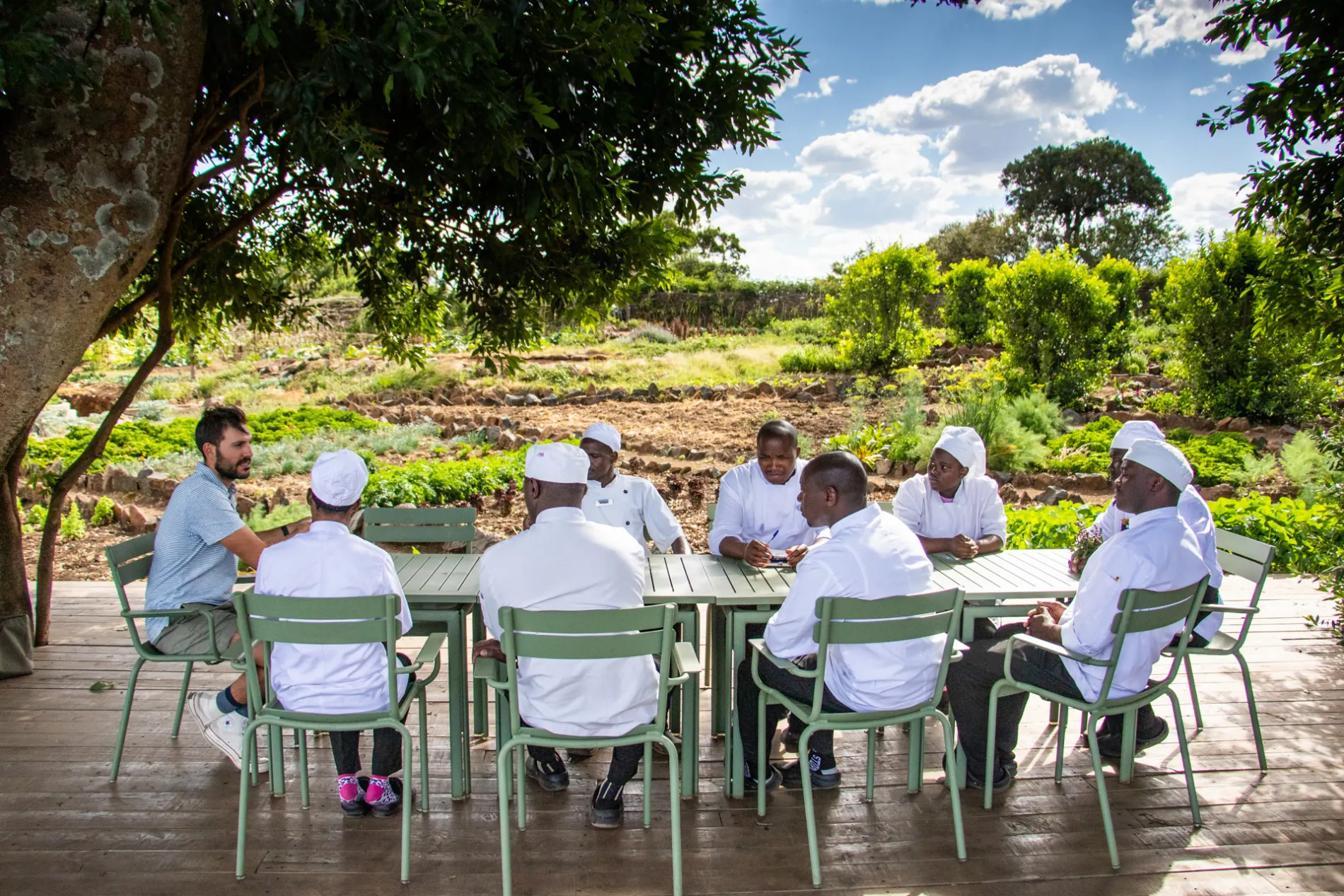
A huge thanks to Angama for the top-notch hospitality and the opportunity to meet with the culinary team in their beautiful organic Shamba (vegetable garden), to discuss regenerative agriculture, climate change and the future of sustainable food. It was an unbelievable privilege. In the Shamba, the team is growing their own vegetables, herbs and citrus and their effort is rewarded on the plate. In the heart of the bush sits perched on a steep hillside one of the most exciting garden-to-table dining experiences I have ever had. Whether it was the plant-based lunches they packed for me while I was out on safari - with nutritious and flavourful combinations of cooked and raw veggies marinating in flavourful dressings and packed in little glass jars - or the fresh Middle Eastern salads and the array of Indian and African curries I devoured in the dining room, every dish showed off the proximity to the land and its bounty.
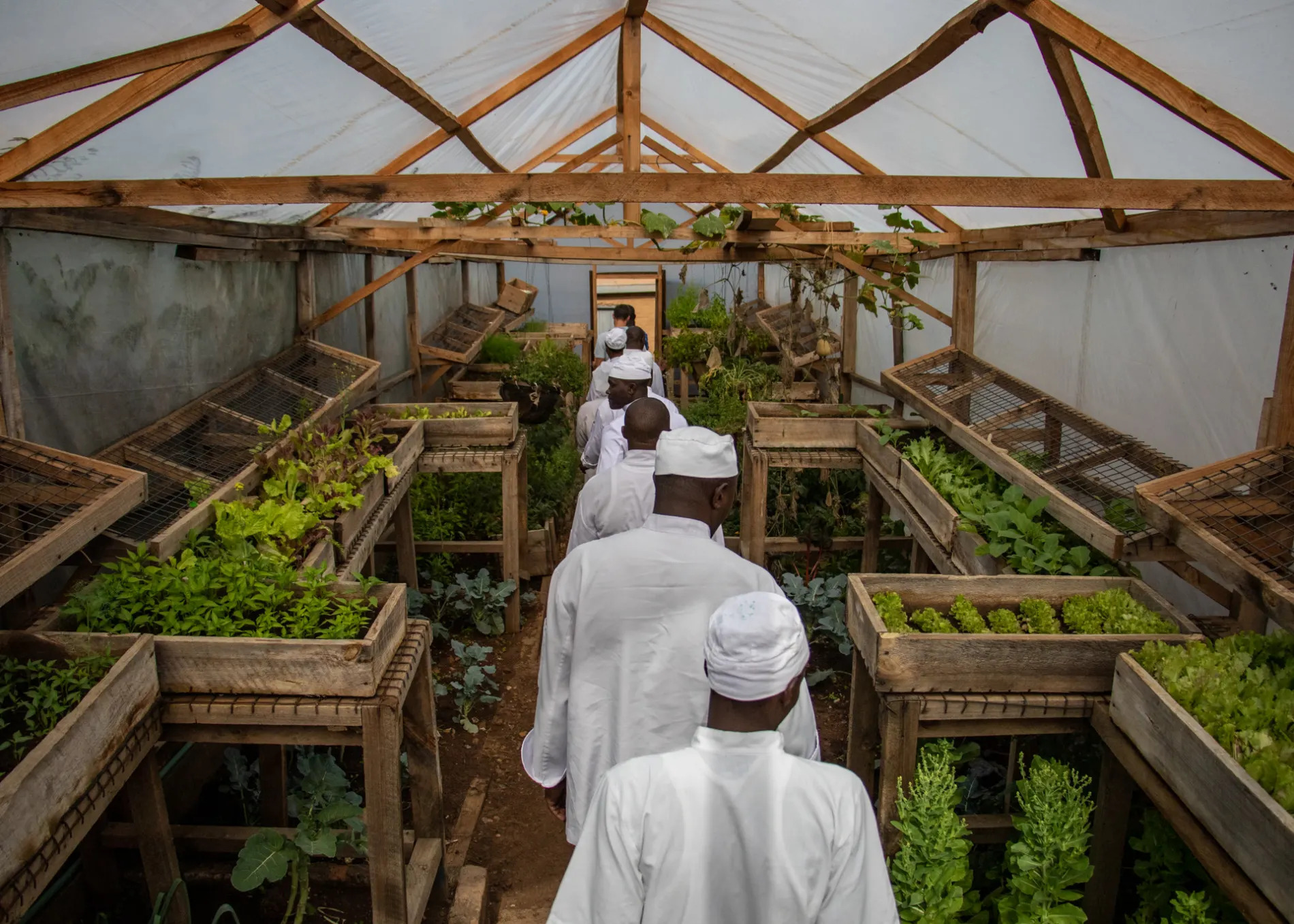
Walking through the Shamba following a circuitous path that takes you from one family of vegetables to another, it becomes clearer with every step why the food tastes so good. They are growing five kinds of basil and perhaps a dozen varieties of leafy greens, and it’s immediately apparent that they are committed to growing for taste as much as they are for yield. There’s an adage we live by in my restaurants and farm: 'Sustainability doesn't mean anything if the food isn’t delicious.' It’s obvious that the team at Angama repeats a similar mantra, from the Shamba to the bakery and to every corner of their kitchen – as if to say, 'Yes we know they come first for the animals, and then for the luxurious tents, Fitness Room, infinity pool, and panoramic views from the deck, but they will stay for the food.'
Filed under: Inside Angama
Subscribe for Weekly Stories
Comments (0):
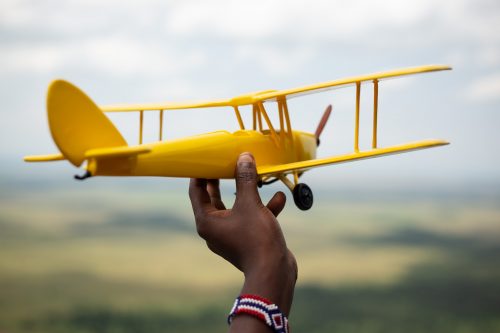
Out of Africa